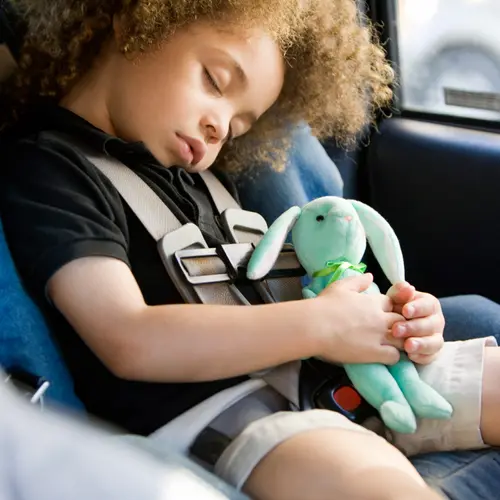If you have a 14-year-old boy around the house, you already know that they have changed almost overnight in some ways that seem huge. Other changes might be more subtle. All boys are different, and all reach certain points in their development at different ages.
But at age 14, it’s a safe bet that your son’s rapidly emerging sense of self is going to astonish you and, at the same time, introduce new challenges into your relationship. Their relationships with you, with their peers, and even with their own body, are changing, and they are engaged in a struggle to keep up and emerge as a strong young adult.
Physical Changes
At this age, your son is a teenager. Changes vary from person to person, but physical signs can include:
- A spurt in height, weight, and strength
- A voice that changes, gets deeper, and “cracks” from time to time
- Development of acne
- Growth in their penis and testicles
- Growth of underarm and pubic hair
- “Wet dreams” and ejaculations
Again, everyone is different, but if by age 14 your son isn’t showing some of these signs of puberty, you may want to make an appointment with a doctor for a physical exam.
Changes in Thought Patterns
Your son is most likely starting to show more complex thinking patterns, although sometimes getting those thoughts out of them may be difficult. You may notice:
- They are developing strong likes and dislikes.
- They seem to communicate less at times.
- They are eager to enter into heated arguments and discussions with you.
- They challenge your assumptions and solutions.
- They are becoming interested in politics, philosophy and social issues.
Social Changes
At 14, your son will be testing their friendships and, most likely, their first real sexual feelings. They will very likely be dealing with peer pressure to try alcohol, tobacco and drugs. It’s a busy time in their life:
- They're absorbed in social media, texting and instant messaging, and probably gaming.
- They show more interest in, and is influenced by, their peer group.
- They develop a sense of style and interested in shopping for clothing
- They’ll begin spending much more time with their friends.
- Their sexuality is beginning to emerge.
- They’ll need more sleep.
- They’ll most likely want to stay busy with all kinds of activities.
- They’ll have both male and female friends and may have a wide social circle.
- They may be embarrassed by you and by their family in general.
Emotional Changes
At this stage in your son’s life, they are right in the midst of puberty, which means that their hormone levels are up and down. They’ll face emotional changes and feelings that are new and strange. You may see:
- Some mood swings and, at times, they may be depressed and short-tempered
- A focus on themselves (likely swinging between moments of great self-confidence great insecurity)
- That they are “in love” for the first time
Staying Safe
This is a time when your son will have a lot of choices to make about who to be friends with, who to follow and who they want to be. Establish an open door of communication and talk about plans for when your child wants to be picked up early, is in a compromising situation, or otherwise. There are lots of challenges that you can help them with and some things to pay attention to:
Substance abuse. Talk to your son about the dangers of drugs and alcohol, vaping and using e-cigarettes. Be a good listener when they talk to you about these things. Try not to judge their friends, because the main thing is to keep the lines of communication open. Be a good role model. Remember, they are watching and taking their cues from you. Also, many of the drugs teens abuse are prescription meds taken from their own homes. You may want to keep them, as well as alcohol, locked up.
Know their friends. Make sure you get to know the kids your son is spending time with, because they are watching and taking cues from them, as well. Reassure them that you are available for an early pick-up in the event that the group is engaged in inappropriate activities or activities that they do not enjoy.
TV and Internet screen time. Make sure you know what your son is watching on TV and consider restricting access to age-inappropriate material. The Internet is a different story. Although kids use it for school and healthy social interaction, there are many possible dangers involved, including bullying, sexual exploitation, hate sites and plenty of pornography. Have conversations with your son about the dangers. The more you know about their online life, the better.
Sex. Your 14-year-old is undoubtedly going to be very closed-mouthed about their sexual life. But the earlier you talk openly and honestly about all aspects of it, the more they will come to you as sexual issues arise.
Freedom Within Limits
At this age, your son will look for more independence, and it’s important for you to give them some space. Let them know that privileges and freedom come with responsibility and respect.
They may treat you with some disrespect and may begin to feel that they know everything. On the other hand, they may feel that you have very little knowledge about anything. Temper your response, but don’t let them get away with this behavior. Make sure you set some boundaries with consequences and follow through on them.
Give your son privileges based on performance. They are old enough to be assigned chores around the house and should be expected to fulfill them. Completing homework and school assignments should also be expected with the promise of earned privileges and extra freedom based on responsibility.


